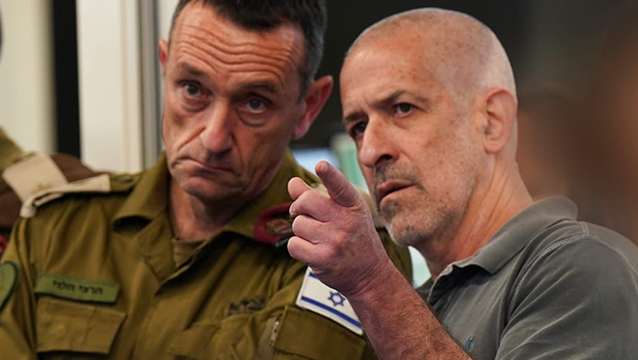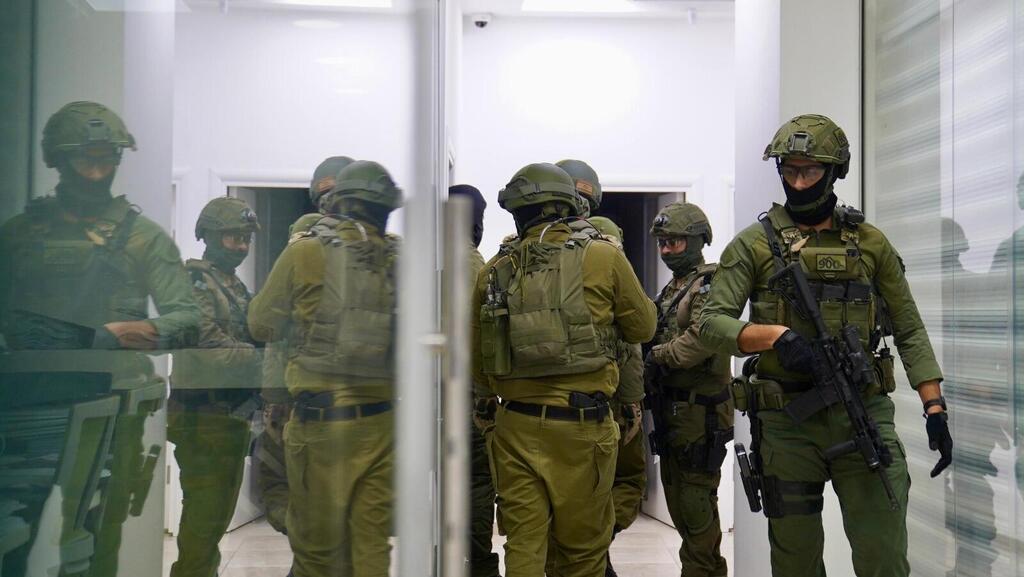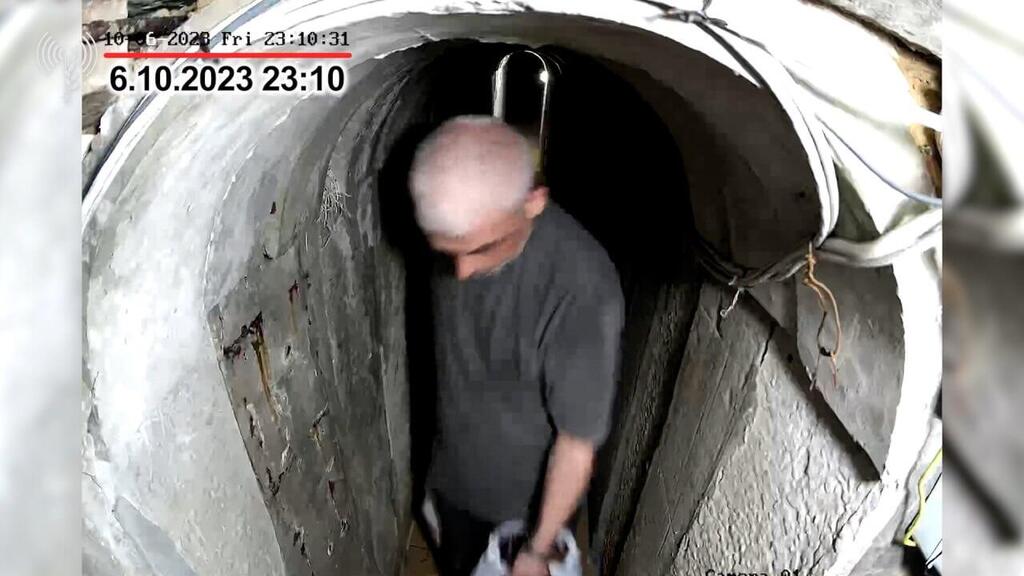Getting your Trinity Audio player ready...
The focus in the past year has mostly been on the failings of the Israeli security services, including the Shin Bet and the IDF, leading up to and after the Oct. 7 Hamas massacre, but a report that reviews the conduct of the Shin Bet in 2024 reveals that the agency not only repaired its misdeeds but achieved great success in areas it had rarely dealt with previously.
The most significant finding in the report shows that, in 2024, there was a drop of 40% in successful terror attacks compared to 2023. This is significant because the original intent of slain Hamas leader Yaya Sinwar and the leadership of the terror group was to ignite an intifada and wave of terror in the West Bank and inside Israel in the wake of their barbaric attack.
Hamas propaganda has been all in on that effort. Leaders of the group including slain Saleh al-Arouri did all they could in the West Bank and Iran increased considerably its attempts to smuggle weapons into the area. In light of those efforts, there could have been an uprising that would have spread into the mixed Jewish and Arab communities inside Israel, making all such previous events pale in comparison.
That did not occur for two reasons: One is the aggressive and offensive conduct of the IDF in the West Bank helped by the intelligence provided by the Shin Bet. According to the report, 1,040 significant attacks were foiled last year, among them 689 were shooting attacks and 326 were the use of explosive devices in the West Bank and Jerusalem.
IDF troops on counter terrorism operation in the West Bank
(IDF)
Inside Israel, the Shin Bet uncovered 20 terror squads, five of which planned attacks using explosives or car bombs. In addition to those figures, the smuggling of weapons across the borders from Jordan and Egypt was stopped, preventing loss of life.
Foiling terror attacks is a primary mission of the Shin Bet, but in the past year, the war in Gaza required the agency to work alongside the military in Gaza and rebuild human intelligence there, using the results of the interrogations of some 600 captured or surrendered terrorists as well as technical means – most of which are still classified.
The Shin Bet was, in fact, part of the IDF's effort to dismantle the main components of Hamas and the Palestinian Islamic Jihad (PIJ) in different areas in Gaza and had later identified the locations of senior leaders in the terror groups, leading to targeted attacks. Not all those arrested in Gaza ended up in Shin Bet interrogations. Many were interrogated by the IDF's dedicated 504 intelligence unit, which decided who would be handed over to the Shin Bet.
The Shin Bet interrogations enabled the decisive identification of homes and sites that were boobytrapped, preventing harm to troops. They also provided valuable intelligence on hostages, their condition and locations, and Shin Bet operatives took part in three successful extractions of captives.
The operational unit of the Shin Bet took part in operations inside Gaza's Hamas tunnels to identify the locations of Hamas leaders including Sinwar above and below ground and interrogations by the Shin Bet enabled troops to reach shafts leading into strategic tunnels that accelerated the destruction of Gaza's underground city.
Get the Ynetnews app on your smartphone: Google Play: https://bit.ly/4eJ37pE | Apple App Store: https://bit.ly/3ZL7iNv
The Shin Bet's contribution to that effort remains critical, as is the identification of terrorist leaders who are still active and pose a threat to the IDF troops on the ground. In fact, this is the first time in military and intelligence history that an internal intelligence agency is in full partnership with the military's war effort.
The Shin Bet also succeeded in foiling Iranian cyber attacks at a considerable scale and has been working to reveal the identity of Hamas terrorists who took part in the Oct. 7 massacre. On the northern front, the Shin Bet was able to locate Palestinians working with Hezbollah's Radwan force, enabling the IDF to take them out.









